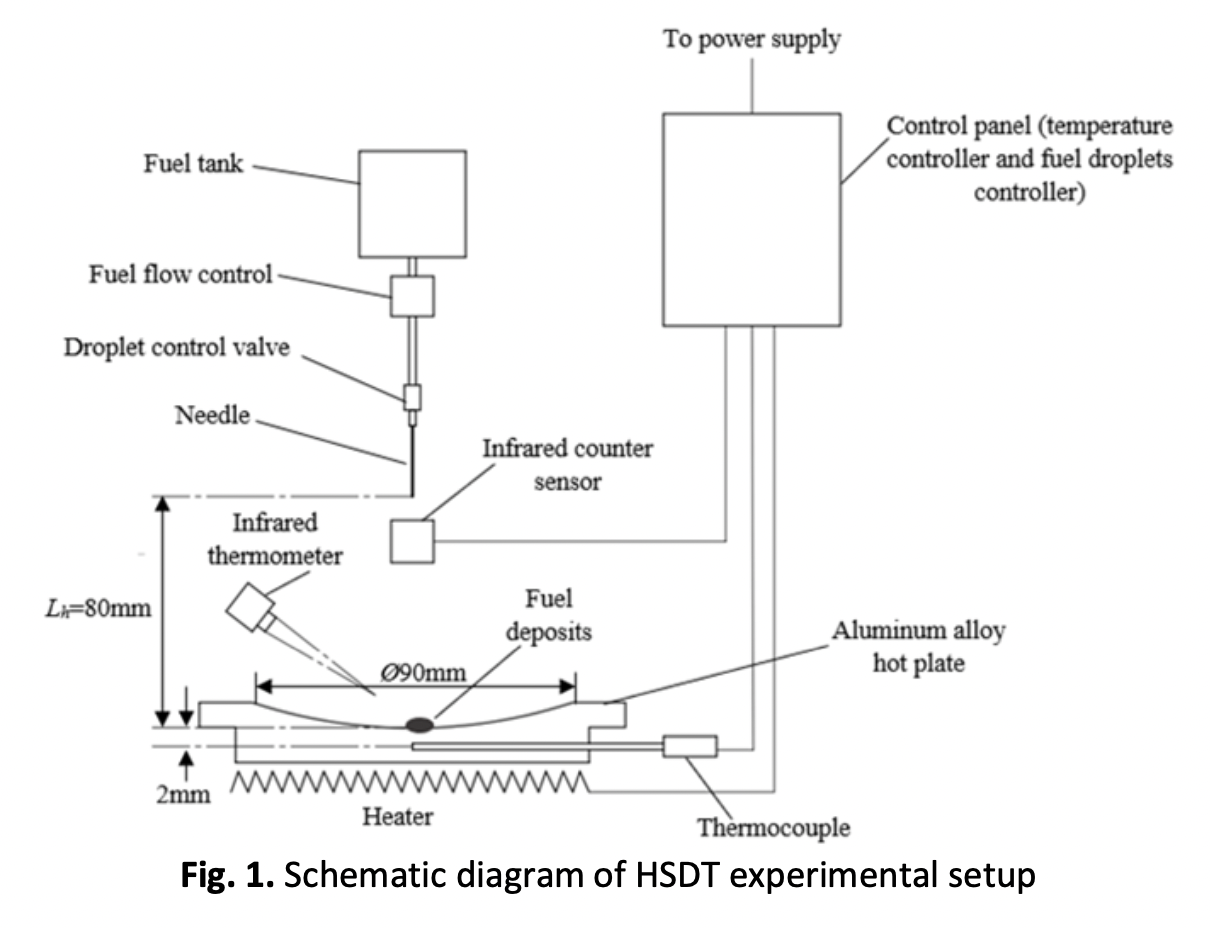Analysis on Evaporation Characteristics of Palm Oil Biodiesel using a HSDT Method
DOI:
https://doi.org/10.37934/arfmts.114.2.6679Keywords:
Biodiesel, droplet lifetime, evaporation, non-single droplet, single dropletAbstract
The purpose of this study is to investigate the evaporation characteristics of different types of fuels by applying the hot surface deposition test (HSDT). Generally, HSDT method is a simplified method to simulate fuel deposition in diesel engines. In this study, diesel fuel (DF) and palm oil biodiesel with different blend ratios (B10-B50) were used to evaluate the fuel droplet evaporation behavior on a heated aluminum alloy plate surface. Single fuel droplet was impinged on the heated plate at various surface temperatures (Ts). Important data from the evaporation characteristics was the maximum evaporation point (MEP), which is the temperature point where a droplet evaporates in the shortest lifetime (tlife). MEP is referred to identify the surface temperature range in which fewer deposits will be produced by the test fuel. Furthermore, MEP is also used to determine the appropriate droplet interval to create wet and dry conditions in the fuel deposition test. The obtained MEP was 360°C (DF), 365°C (B10, B50), 375°C (B20, B40), and 385°C (B30).
Downloads
































